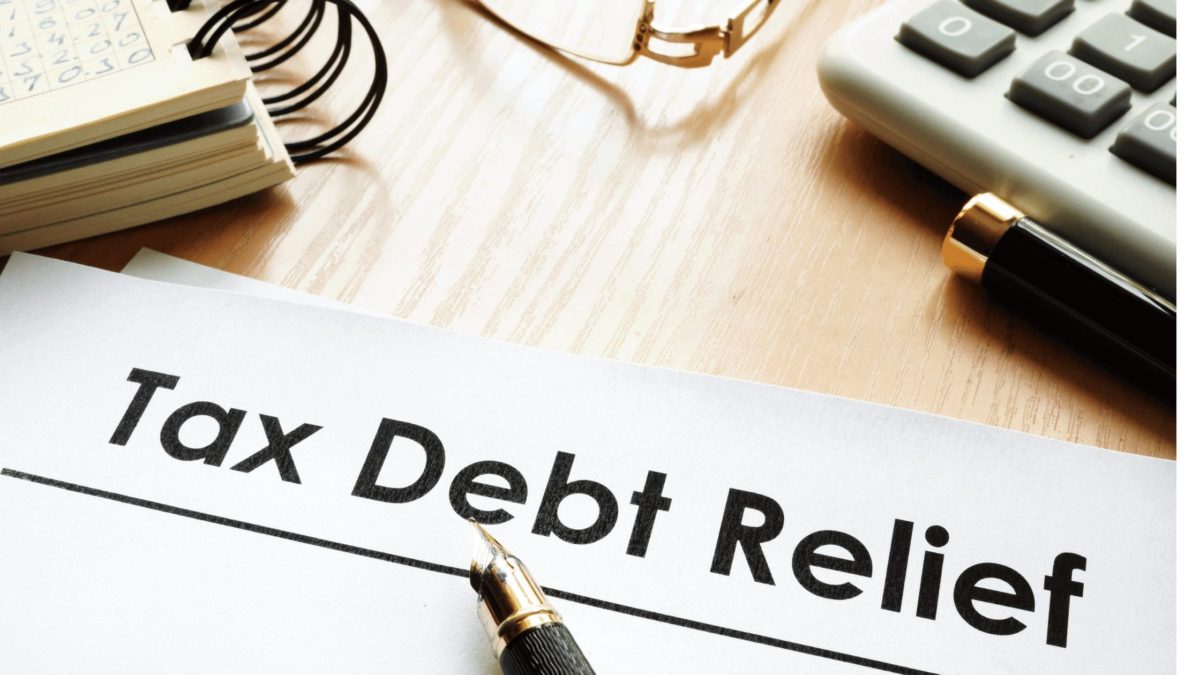October 6, 2013 | Tax Liens

Introduction:
Facing the consequences of unpaid taxes can be daunting, and one of the serious repercussions is the imposition of a federal tax lien. In this article, we will delve into the details of how a federal tax lien affects you, from its initiation to its potential long-term implications on your financial well-being.Implications of a Federal Tax Lien:
- Impact on Property Ownership:
- The federal tax lien attaches itself to all current and future assets, presenting an imminent threat to property ownership.
- Although the IRS lacks the power to forcibly sell property through the lien, it retains the authority to proceed with a levy, seizing and selling assets to satisfy the tax debt, potentially disrupting the taxpayer’s financial stability.
- Financial Consequences:
- In the event of selling a property with an active lien, the IRS holds the right to claim the proceeds, ensuring repayment of the outstanding tax debt before the taxpayer receives any funds from the sale, creating a direct impact on their financial transactions.
- Accrued Charges:
- The federal tax lien encompasses not only the original tax debt but also accumulates interest and penalties up to the filing date, potentially resulting in a final amount that exceeds the initial tax owed. This aspect amplifies the financial burden on the taxpayer.
- Credit Score Impact:
- While the IRS refrains from directly reporting the lien to credit bureaus, it becomes a public record accessible by these agencies. This accessibility can have adverse effects on the taxpayer’s credit score, creating obstacles when seeking credit opportunities and contributing to financial stress.
- Credit Report Duration:
- Once a tax lien is satisfied, it remains on the credit report for up to seven years. However, if left unpaid, a tax lien can linger indefinitely, further impacting creditworthiness and hindering the individual’s financial flexibility.
How to Handle a Federal Tax Lien:
- Paying the Tax Debt:
- The most effective strategy for removing a federal tax lien is the prompt and complete payment of overdue taxes. The IRS typically releases the lien within 30 days after receiving the payment, restoring a degree of financial freedom.
- Alternative Options:
- Explore alternative options such as discharge, subordination, and withdrawal. Each option carries specific criteria and implications outlined in IRS guidelines, offering potential relief under certain circumstances.
- Compliance and Installment Agreements:
- Taxpayers can request the withdrawal of the lien by meeting specific eligibility criteria. This includes compliance with filing and payment requirements and maintaining a direct debit installment agreement, providing a structured path to resolving the outstanding debt.
- Avoiding a Federal Tax Lien:
- The most proactive approach is regular filing and timely payment of taxes. Ignoring IRS notices and failing to fulfill tax obligations can lead to severe consequences, including the imposition of a lien, emphasizing the importance of maintaining tax compliance.


 Timothy S Hart, the founding partner of the tax law firm of Timothy S. Hart Law Group, P.C. is both a New York Tax Lawyer & Certified Public Accountant. His area of expertise includes innovative solutions to solve your Internal Revenue Service and New York State tax problems, including tax settlements through the Federal and New York State offer in compromise programs, filing unfiled tax returns, voluntary disclosures, tax audits, and criminal investigations. [
Timothy S Hart, the founding partner of the tax law firm of Timothy S. Hart Law Group, P.C. is both a New York Tax Lawyer & Certified Public Accountant. His area of expertise includes innovative solutions to solve your Internal Revenue Service and New York State tax problems, including tax settlements through the Federal and New York State offer in compromise programs, filing unfiled tax returns, voluntary disclosures, tax audits, and criminal investigations. [